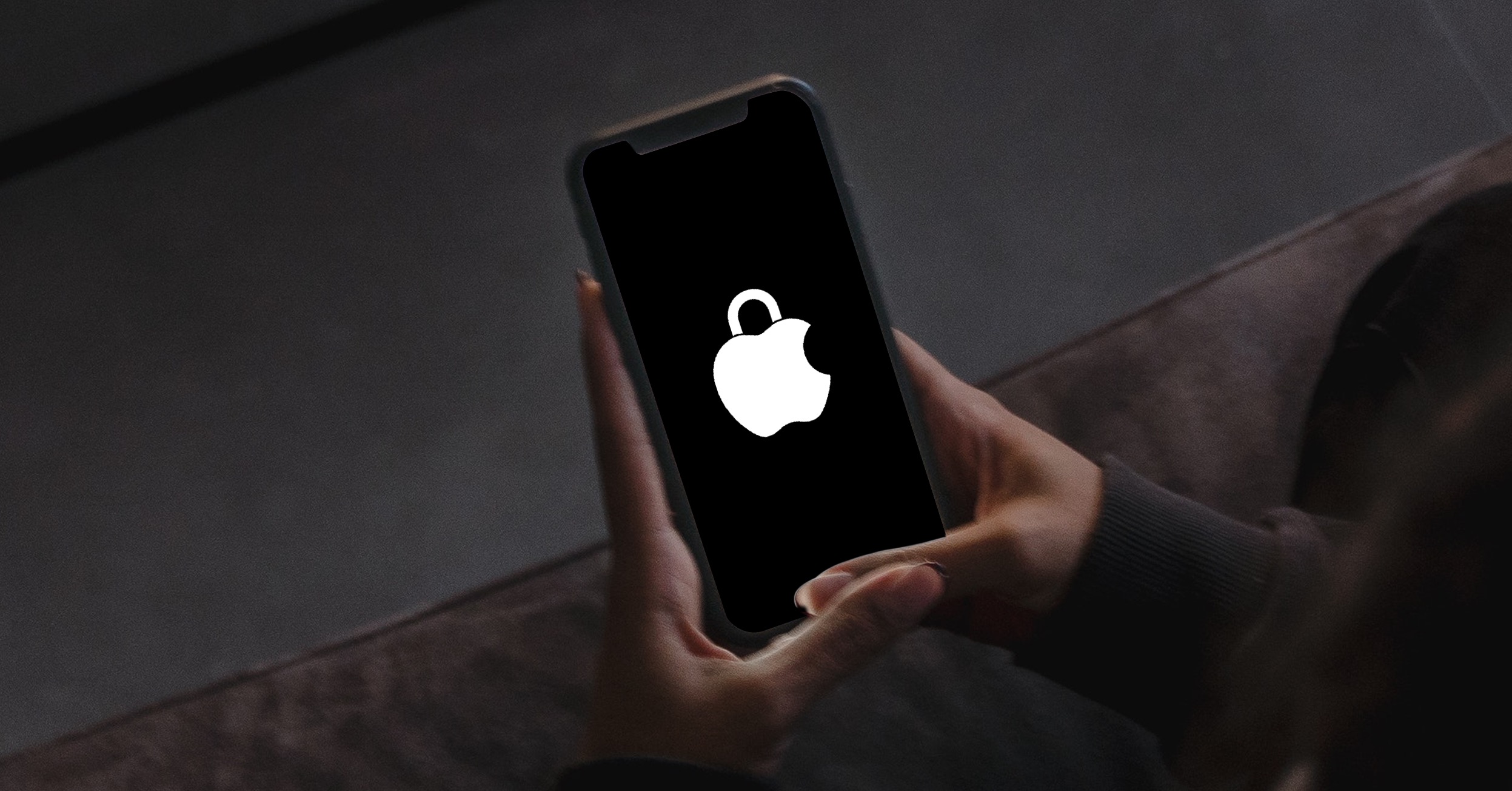Users who are used to using Windows and Android operating systems often solve the question of whether the iPhone also needs an antivirus to keep their data and the device itself safe from various "infections". But the answer to the question of why the iPhone does not need an antivirus is quite simple.
It should therefore be mentioned at the outset that no, the iPhone really does not need an antivirus. After all, if you open the App Store, you won't find any antivirus there. All applications dealing with "security" most often have "security" in their name, even if they are titles from the biggest companies, such as Avast, Norton and others.
It could be interest you

The magic word sandbox
Seven years ago he did Apple Lossless Audio CODEC (ALAC), quite a drastic purge in its App Store, when all titles with the designation antivirus simply removed. It was for the reason that these apps made users believe that there is a possibility that there are some viruses in the iOS system. But this is not the case, because all applications are launched from the sandbox. This simply means that they cannot execute those commands that iOS does not allow them to.
This security mechanism therefore prevents any other applications, files or processes on your system from making changes, meaning that each application can only play in its own sandbox. So viruses can't infect iOS devices because even if they wanted to, they simply can't by the very design of the system.
It could be interest you

No device is 100% secure
Even today, if you come across the label "antivirus for iOS", it's generally more about internet security. And from that, there are already those applications that contain the word "security", and which certainly have their justification. Such an application can then cover a wide range of functions that provide other security not related to the system itself. In the most common cases, these are:
- Phishing
- Dangers associated with public Wi-Fi networks
- Applications collecting various data
- Web browser trackers
The mentioned applications usually add something more, such as a password manager or various photo security systems. Even if the best "antivirus" is you, these titles have a lot to offer and can be recommended. Although Apple is trying to do so, and its security systems are still being improved, it cannot simply be said that the iPhone is 100% safe. As technologies evolve, so do the tools to hack them. However, if you want to be as conscious as possible when it comes to iPhone security, we recommend reading our series, who will properly guide you through the individual rules.
 Adam Kos
Adam Kos 





The basis is not to be an idiot...I don't know how the current generation, but my parents taught me what to reach for and what not to, what to eat and what not to eat, which mushrooms and plants are poisonous. That I don't stick my hand in a dog's mouth when it growls at me, that I should look around before I get on the road, that I can't fly and a lot of other important things in life... and also not to click on any link, not to open mail that doesn't belong to me and to behave responsibly on the Internet...
Well, now you have to teach your parents.
Sooo good! 👍🏽👍🏽
Totality versus freedom. Apple doesn't even have its own software up to date, so it happily subsists on Google, such as Huawei. Why does Samsung for 2000 CZK keep the signal even where the iPhone is completely without?
Bullshit :-§
As it is written, it is about the users... However, the question that surrounds all closed ecosystems is trust in the vendor... Closed applications have many more vulnerabilities that we learn about even in retrospect...
Terrible bullshit this article. Sandbox also has Android. All jailbreaks were caused by a bug in the code and the app ran in the sandbox. Why there are no antiviruses on iOS is simple, because they have no way to do their work (there is no API). Antiviruses on Android would also not exist if there was no open filesystem for user storage (this only protects against errors in applications or PC platforms) and no API was available.